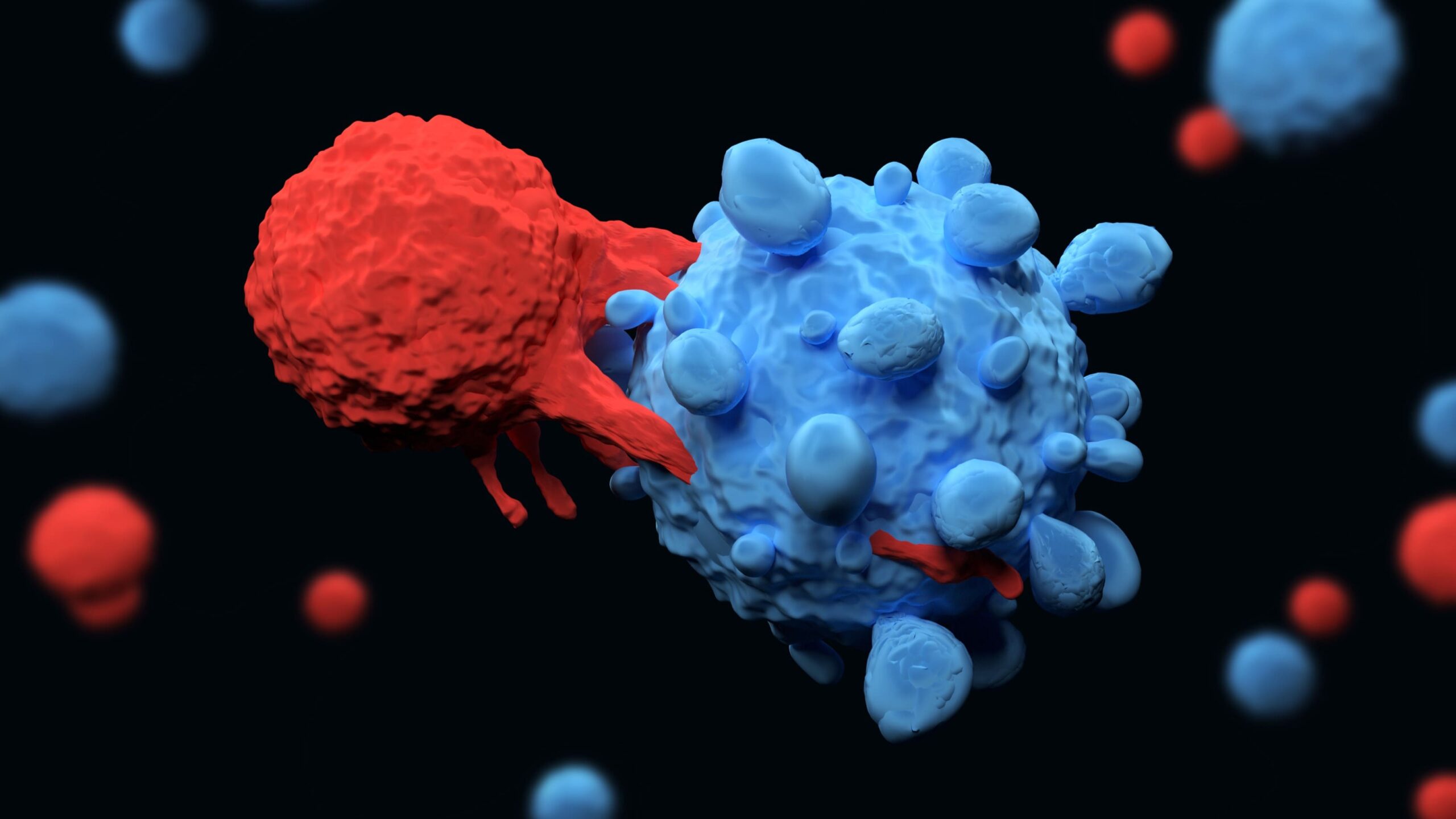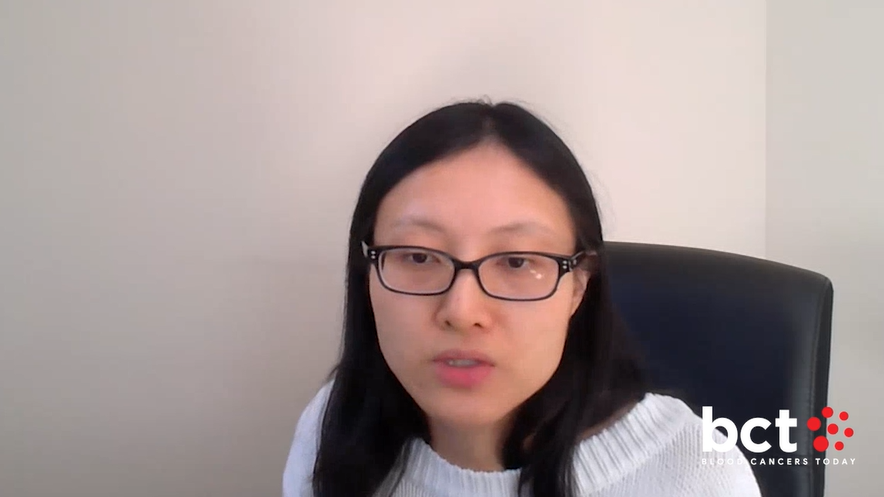
Patients with relapsed or refractory T-cell lymphoma (TCL) had a higher tolerance of duvelisib when it was combined with romidepsin versus bortezomib and also had a greater response. Researchers recently published these findings from their phase Ib/IIa trial in Nature Medicine.
In the trial, 98 patients with relapsed or refractory TCL received duvelisib, a phosphoinositide 3-kinase (PI3K) δ and γ isoform inhibitor. It was administered in combination with romidepsin, a histone deacetylase inhibitor, in 66 patients and with bortezomib, a proteasome inhibitor, in 32 patients.
Investigators sought to determine which combination allowed patients to have a higher maximum tolerated dose of duvelisib. They found that dose was 75 mg twice daily when combined with romidepsin versus 25 mg twice daily when combined with bortezomib.
“The addition of romidepsin, but not bortezomib, appeared to increase efficacy while attenuating PI3K inhibitor-driven toxicity,” wrote Steven M. Horwitz, MD, of Memorial Sloan Kettering Cancer Center, lead author of the study.
Regarding efficacy results, overall response was achieved in 55% of patients who received duvelisib plus romidepsin and 34% of those who received duvelisib plus bortezomib. Complete response was achieved by 34% of patients receiving duvelisib plus romidepsin and 13% of those receiving duvelisib plus bortezomib.
The combinations differed in which adverse events (AEs) were most common. For patients treated with duvelisib plus romidepsin, neutropenia and fatigue were the most common, with prevalences of 42% and 37%, respectively. For patients treated with duvelisib plus bortezomib, the most common AEs were diarrhea and neutropenia, with prevalences of 48% and 30%, respectively.
In patients with peripheral TCLs, the duvelisib plus romidepsin combination produced an overall response rate of 56% and a complete response rate of 44%. Further analysis showed patients with follicular helper T-cell subtype disease had greater response. Duvelisib plus romidepsin also had a lower rate of grade 3 or 4 hepatotoxicity compared with duvelisib monotherapy, at 14% versus 40%, respectively.
“These findings support further development of combined PI3K and histone deacetylase inhibition in TCLs and suggest a unique strategy to enable PI3K inhibitor-based combinations for additional patient populations,” Dr. Horwitz concluded.
Reference
Horwitz SM, Nirmal AJ, Rahman J, et al. Duvelisib plus romidepsin in relapsed/refractory T cell lymphomas: a phase 1b/2a trial. Nat Med. 2024. doi:10.1038/s41591-024-03076-6













 © 2025 Mashup Media, LLC, a Formedics Property. All Rights Reserved.
© 2025 Mashup Media, LLC, a Formedics Property. All Rights Reserved.